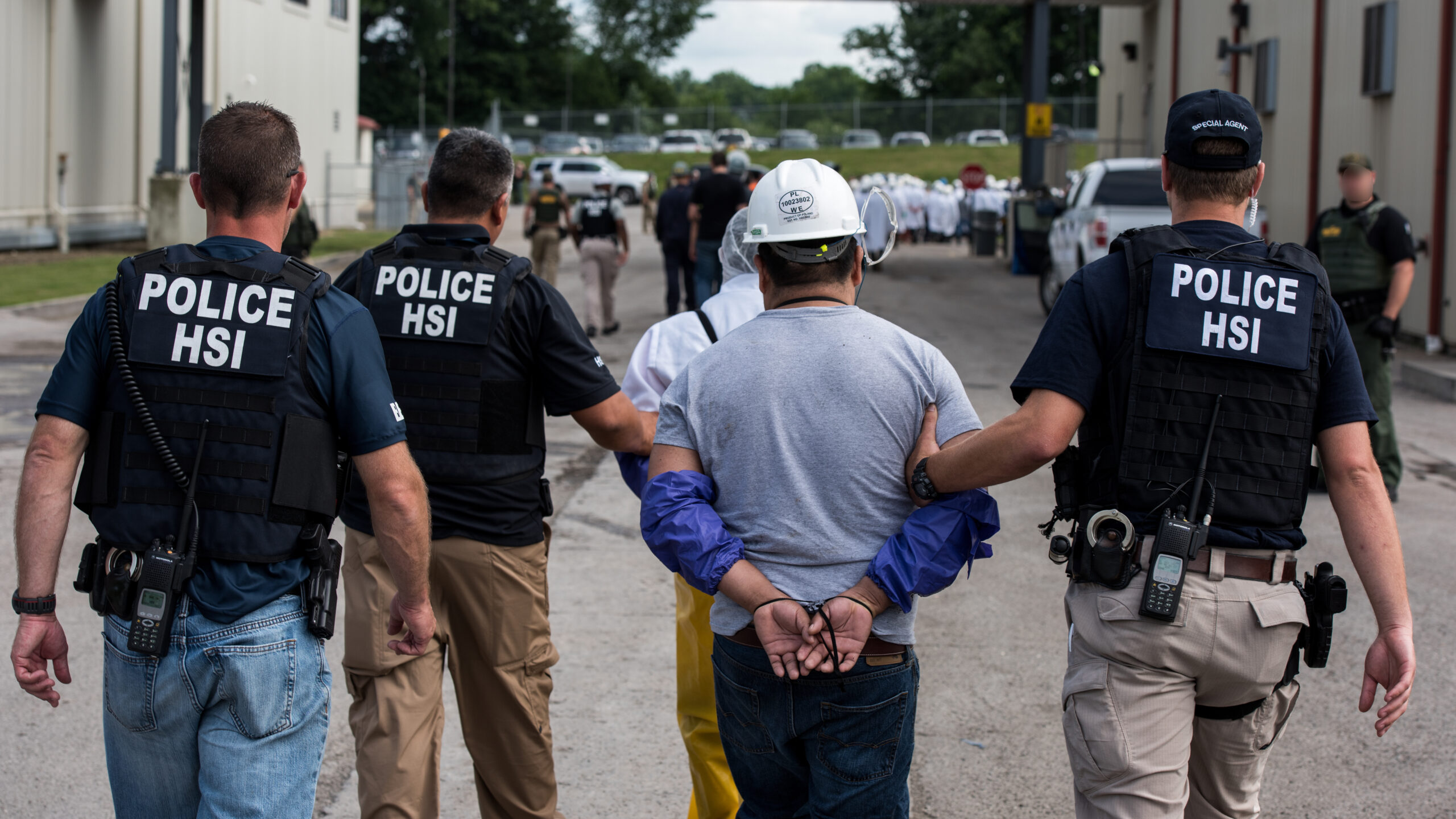Already a subscriber? Make sure to log into your account before viewing this content. You can access your account by hitting the “login” button on the top right corner. Still unable to see the content after signing in? Make sure your card on file is up-to-date.
Lawyers for the Trump administration have officially appealed to the US Supreme Court, seeking emergency relief to end a Biden-era humanitarian parole program that allowed over 500,000 migrants from Cuba, Haiti, Nicaragua, and Venezuela to live and work legally in the United States.
Some shit you should know before you read: If you’re unaware, back when President Biden was in office, his administration implemented a humanitarian parole program that allowed roughy 540,000 migrants from Cuba, Haiti, Nicaragua, and Venezuela to enter the US legally if they had financial sponsors. The program was designed to promote “orderly migration,” reduce pressure on the southern border, and discourage illegal crossings. Critics said the program was unlawful, bypassed proper vetting procedures that increased national security concerns, and contributed to domestic job competition.

What’s going on now: One day after a lower court ruled that the Trump administration could not unilaterally revoke temporary legal status from over half a million migrants, lawyers for the administration filed an emergency appeal to the US Supreme Court. Long story short, they’re asking the court to overturn the lower court’s decision and allow Homeland Security Secretary Kristi Noem to immediately end the Biden-era humanitarian parole program. The administration argues that the Immigration and Nationality Act grants the Secretary broad discretion over parole decisions and that the judiciary has no authority to interfere with those determinations.
In court filings, Solicitor General D. John Sauer said that the district court “nullified one of the administration’s most consequential immigration policy decisions,” and accused the judiciary of improperly encroaching on executive power, particularly in areas involving immigration and foreign policy.
This appeal follows a series of legal setbacks for the administration. In March, DHS issued a notice announcing that the CHNV program would be terminated and that affected migrants would have 30 days to leave the country or face arrest and deportation. A group of impacted individuals and a nonprofit organization challenged this move in court, leading to an April ruling by US District Judge Indira Talwani that blocked the termination.







